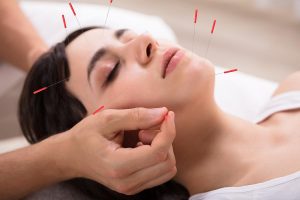Depression is always a danger for people recovering from a debilitating stroke. But new research suggests that tweaking a rehabilitation facility’s lighting system may help patients keep depression at bay.
Specifically, the Danish study of stroke rehab patients found they were less prone to depression if the facility used “blue” light in its lighting system.
Sunlight is humans’ largest source of blue-spectrum light, noted a team led by Dr. Anders West, a stroke specialist at the University of Copenhagen. So, blue light is key to the circadian (day-night) “body clock” that helps guide bodily processes, the study authors explained.
As such, blue light has been shown to increase memory and thinking skills, as well as alertness, the Danish team said.
However, stroke patients are often kept in indoor rehabilitation facilities with artificial lighting systems that lack adequate blue light in daytime. Or, they only receive blue light at night — the “wrong” time of day — through TV screens or indoor lighting, West’s team noted.
The new study tracked outcomes for 84 patients in an acute stroke unit. The patients engaged in at least 14 days of rehabilitation in either a unit with blue-light lighting systems or standard lighting.
The researchers reported that patients in the blue-light units were significantly less depressed at the time of discharge from the unit, compared to those in the standard-lighting unit.
Two experts in stroke care agreed with the study authors that perhaps “circadian” lighting should become standard in rehab units.
“This study reconfirmed the beneficial effect of blue-light therapy for depression well known to psychiatrists for many years,” said Dr. Ajay Misra, chair of neurosciences at Winthrop-University Hospital in Mineola, N.Y. The findings suggest that’s true for stroke patients as well, he said.
Dr. Anand Patel is a vascular neurologist at Northwell Health’s Neuroscience Institute in Manhasset, N.Y. He said that “post-stroke depression is the most common emotional disorder, and often under-recognized after stroke. Traditionally, antidepressant medications have been used to treat depression after stroke.”
But now the Danish study suggests that an update to a rehab unit’s lighting system might help. The finding needs further research and confirmation, Patel said, but “if proven effective, this provides an opportunity to treat depression after stroke without medications, thus avoiding potential side effects.”
The study findings were scheduled to be presented Wednesday at the International Stroke Conference in Houston. Research presented at medical meetings is typically considered preliminary until published in a peer-reviewed journal.
More information
Find out the warning signs of stroke at the American Stroke Association.
Source: HealthDay
Copyright © 2025 HealthDay. All rights reserved.










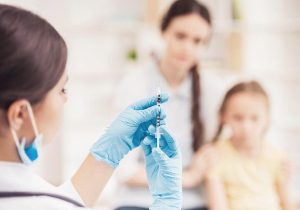

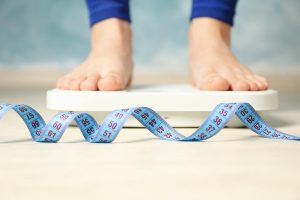
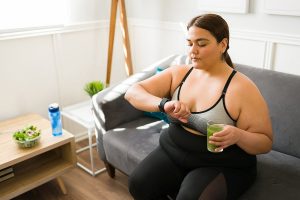

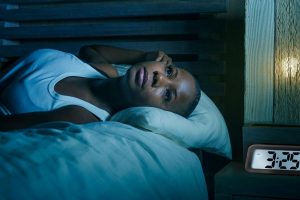
-300x225.jpg)
